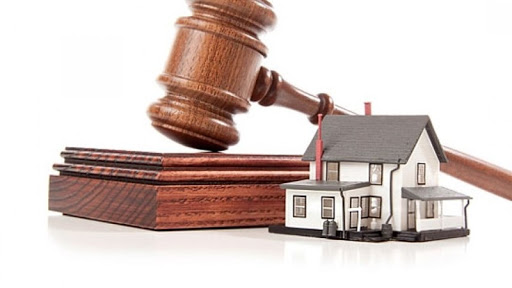In reality, disowning a child by parents in Vietnam mainly stems from conflicts within the family, leading to the wish to sever the relationship between the parent(s) and the child. So, do the disowned children have the right to inherit an estate from their parents?

Vietnam: Do the disowned children have the right to inherit an estate from their parents? (Illustrative Photo)
First of all, legally, “disowning” a child is not recognized. Therefore, disowning their child by parents is merely a factual occurrence, and legally, this act cannot terminate the relationship between parents and child, nor can it terminate the rights and obligations between parents and child in Vietnam. Specifically, Article 69 of the Law on Marriage and Family 2014 stipulates the obligations and rights of parents in Vietnam as follows:
Obligations and rights of parents
1. To love, and respect opinions of, their children; to attend to the study and education of their children to ensure their healthy physical, intellectual and moral development in order to become dutiful children of the family and useful citizens of the society.
2. To look after, raise, care for, and protect the lawful rights and interests of their minor children and adult children who have lost their civil act capacity or have no working capacity and no property to support themselves.
3. To act as the guardian of or represent in accordance with the Civil Code their minor children or adult children who have lost their civil act capacity.
4. Not to discriminatorily treat their children due to their gender or the marital status of the parents; not to abuse the labor of their minor children or adult children who have lost their civil act capacity or have no working capacity; not to incite or force their children to act against law or social ethics.
In addition, “disowning” a child does not sever the relationship between parents and child. Therefore, the child still has inheritance rights according to Article 651 of the Civil Code 2015:
Heirs at law
1. Heirs at law are categorized in the following order of priority:
a) The first level of heirs comprises: spouses, biological parents, adoptive parents, offspring and adopted children of the deceased;
b) The second level of heirs comprises: grandparents and siblings of the deceased; and biological grandchildren of the deceased;
c) The third level of heirs comprises: biological great-grandparents of the deceased, biological uncles and aunts of the deceased and biological nephews and nieces of the deceased.
Therefore, “disowning” a child does not affect the child's right to inherit from parents who have disowned them. If there is no will, or the will is unlawful, the inheritance will be distributed according to the law. The child will have the right to inherit in the first class of heirs.
However, if the parents have a lawful will in Vietnam, the inheritance division will follow the will, adhering to the wishes of the testator under Article 626 of the Civil Code 2015:
Rights of testators
A testator has the following rights:
1. Appoint heirs or to deprive an heir of the right to inherit the estate;
2. Determine those parts of the estate which each heir is entitled to;
3. Reserve part of the estate as a gift or for worship purposes;
4. Designate heirs to perform obligations;
5. Appoint a custodian of the will, an administrator of the estate, and a distributor of the estate.
Thus, parents have the right to disinherit their children, following the testator's wishes, and the child will no longer have the right to inherit.
Nevertheless, where a testator does not grant any of the following persons an inheritance, or grants any such person an inheritance which is less than two-thirds of the share that person would have received if the estate had been distributed according to law, such person shall be entitled to a share of the estate equivalent to two-thirds of the share that he or she would have received if the estate had been distributed in accordance with law:
- Children who are minors, father, mother, wife or husband of the testator;
- Children who are adults but who are incapable of working.
Except in cases where:
- Persons renounce the inheritance;
- Persons convicted of having intentionally caused the death of or harmed the health of the deceased, of having seriously mistreated or tortured the deceased, or of having harmed the honor or dignity of the deceased;
- Persons having seriously breached their duty to support the deceased;
- Persons convicted of having intentionally caused the death of another heir in order to obtain all or part of the entitlement of such other heir to the estate;
- Persons deceiving, coercing or obstructing the deceased with respect to the making of the will, or forging, altering or destroying the will in order to obtain all or part of the estate contrary to the wishes of the deceased.
Thus, since “disowning” a child has not been legally recognized, parents should make a will specifying the inheritance division if they wish to disinherit a child. If parents do not make a will or the will is unlawful, the disowned child still has the right to inherit according to Vietnamese law.
Thuy Tram
- Key word:
- inheritance division
- will
- “disowning” a child
- Vietnam
 Article table of contents
Article table of contents










.Medium.png)
.Medium.png)
.Medium.png)
.Medium.png)
